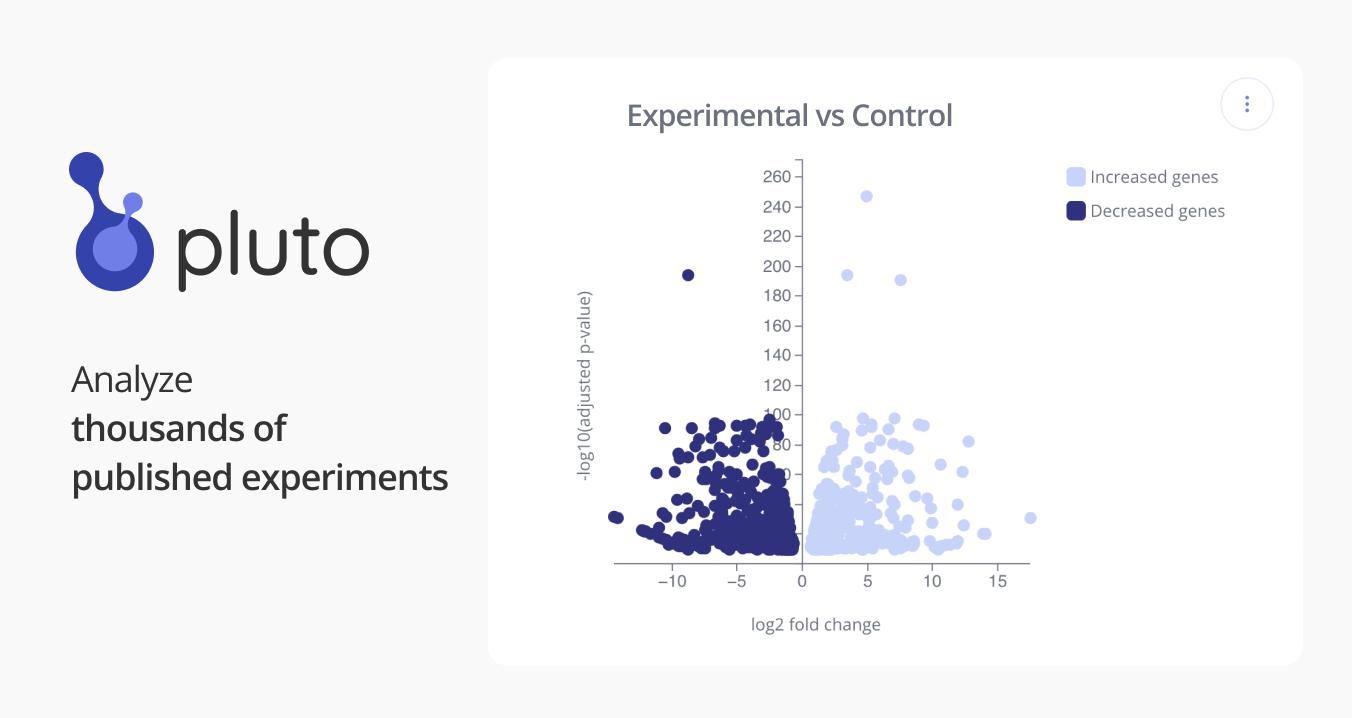Pluto Bioinformatics
GSE129381 (mouse): An evolutionarily conserved function of polycomb silences the MHC class I antigen presentation pathway and enables immune evasion in cancer [RNA-Seq]
Bulk RNA sequencing
Loss of MHC class I (MHC-I) antigen presentation in cancer cells can lead to immunotherapy resistance. Using a genome-wide CRISPR/Cas9 screen we identify a critical role for polycomb repressive complex 2 (PRC2) in the coordinated transcriptional silencing of the MHC-I antigen processing pathway (MHC-I APP). This evolutionarily conserved function of PRC2 promotes evasion of T-cell mediated immunity, enabling tumour transmission to non-histocompatible recipients in small cell lung cancer (SCLC) and Tasmanian Devil Facial Tumour. MHC-I APP gene promoters in MHC-I low cancers harbour bivalent activating H3K4me3 and repressive H3K27me3 histone modifications, silencing basal MHC-I expression and restricting cytokine induced MHC-I APP gene upregulation. Bivalent chromatin at MHC-I APP genes is a normal developmental process active in embryonic stem cells and maintained during neural progenitor differentiation. This physiological silencing of MHC-I expression highlights a conserved mechanism by which cancers arising from these primitive tissues coopt PRC2 activity to enable immune evasion. SOURCE: Mark Dawson (mark.dawson@petermac.org) - Peter MacCallum Cancer Centre
